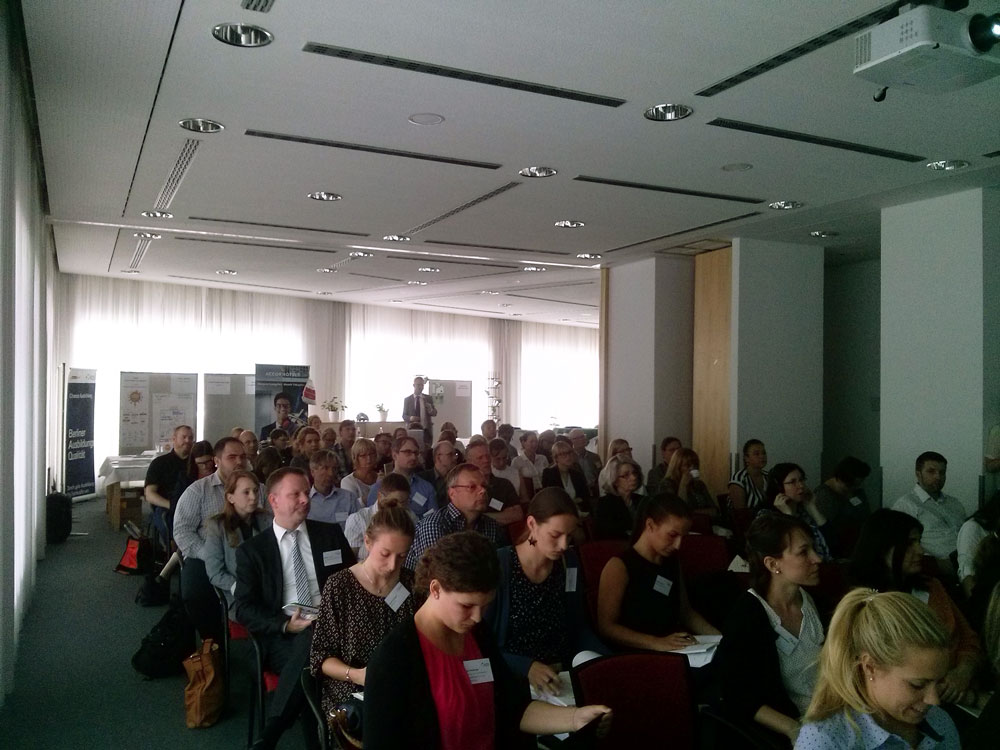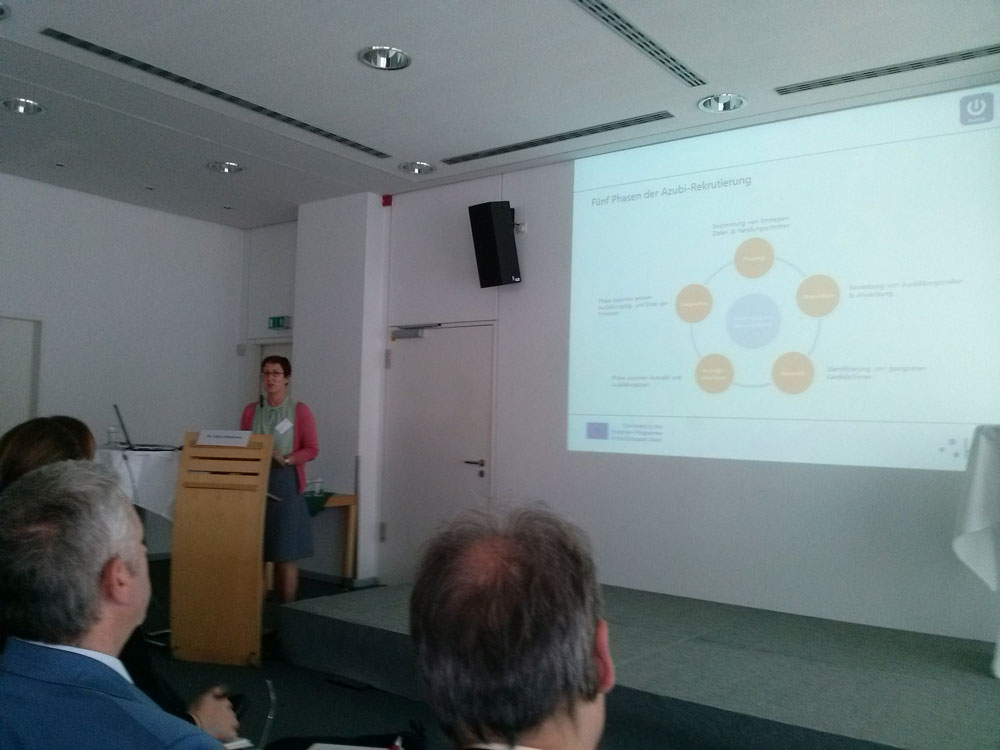In Greece, as in most EU countries, apprenticeship is considered to be an important part of the educational system, as it relates the students with the labor market.
But, how work-based learning can reduce unemployment?
First, we need to identify the challenge: high youth unemployment rates and skills mismatch:
- Greece has the highest rates of youth unemployment among EU member countries (51.4% in March 2016).
- Part of the reason for these high unemployment rates is a mismatch between the skills employees possess and those sought by employers
- While the economic crisis resulted in a low growth and high unemployment, a significant skills shortage is further deteriorating competitiveness
- 33% of employers in Greece regularly leave vacancies open because they cannot find the skills they need (“Education to Employment: Getting Europe’s Youth into Work”, McKinsey Center for Government)
Part of the solution: Apprenticeship
- The best way of addressing structural unemployment is to help workers acquire the skills that employers need most.
- Youth who do not choose to pursue a university degree must be able to acquire marketable skills
- Combine study and work, allowing individuals to acquire work experience while improving their skills in line with employers’
- Help reduce skills mismatch by being responsive to labour market change.
- Offer a stepping stone into the labour market; apprentices receive a recognized qualification for an occupation, valid across workplaces, and certifying possession of a full set of knowledge, skills and competences to perform that occupation.
- May result in a job offer from the company where the training was completed.
Apprenticeship as well as the several benefits of work-based learning systems was the main topic of the Final Conference that was held in Berlin on the 30th of June, 2016 within the framework of the ERASMUS+ project “StartApp – Starting with Apprenticeship: Sustainable strategies for recruiting young people interested in in-company training”.
Also, on the 1st of July, 2016 the final meeting of the project’s partners took place in Berlin, in order to review the project’s results and develop strategies to ensure their sustainability.




